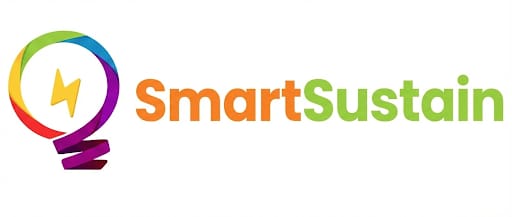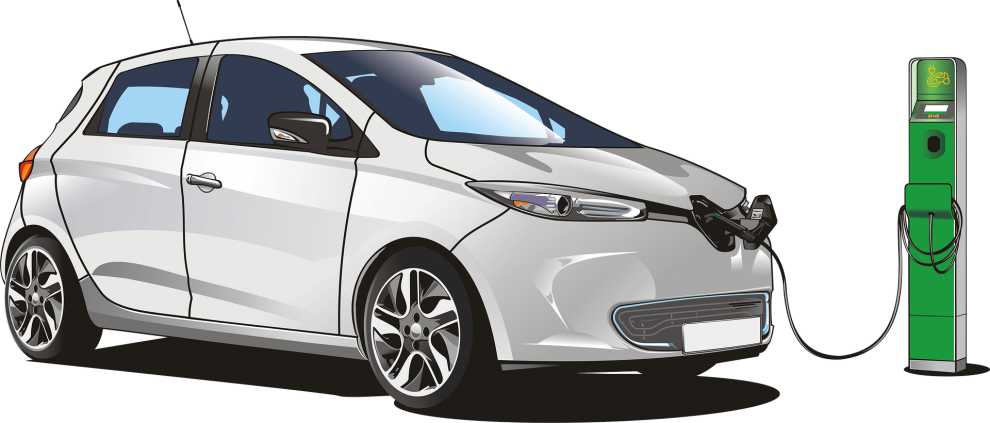The Volvo XC40 Recharge Electric has a range of 400 km in a single charge
Volvo is poised to launch its first electric SUV (sports utility vehicle) in India, joining the ranks of various automakers such as Hyundai, Tata Motors and Mahindra that are breaking new ground in the electric four-wheeler market in the country.
The Volvo XC40 Recharge Electric is the company’s first electric SUV to be launched in a series of Recharge car line concepts. The car is based on the XC40 SUV, an ICE (internal combustion engine) version of the vehicle.
The 2020 Volvo XC40 Recharge Electric SUV is the first product from Volvo to get the infotainment system powered by Google’s Android operating system. The auto giant is positioning itself in such a way that almost half its global sales will come from electric cars by 2025, an ambitious target indeed!
This model was launched in October last year and is slated to be launched in the Indian market by the end of 2021.
The newly launched electric SUV is built on the Compact Modular Architecture (CMA) platform that supports ICE and electric powered vehicles. The new CMA platform is indicative of the design language, engineering concepts, safety standards, powertrains and technology of the vehicle.
The benefit for the consumer through the CMA platform is through reduced costs. The platform also accelerates the creation of newer models and versions built on reliable technology.
The Volvo XC40 Recharge Electric has a range of 400 km in a single charge. Just like Tesla vehicles, the Volvo XC40 comes with a frunk with a 31 litre vat for storage.
This Recharge electric car has two 150 kW (kilowatt) electric motors on the front and rear axle of the vehicle producing 402 bhp (break horsepower). Although the electric XC40 is much heavier than its ICE counterpart, it can go from zero to 100 km in 4.9 seconds.
Volvo Cars aims to be carbon neutral by 2040, while the company’s goal is to reduce it’s carbon footprint by 40% by 2025. The company’s methodology includes introducing more electric vehicles in its fleet, and using better manufacturing processes, renewable evergy and recycling in its overall mix. The company also has a host of plug-in hybrid vehicles to add to the eco friendly vehicular fleet.
Apparently, Tesla is also slated to enter the Indian market soon. This will mean the competition for EVs will increase marginally, and automakers will have to step up their efforts in this playing field. The total EV sales in India under all categories (two, three and four wheelers) have reached 7,59,600 units till date. Two wheelers are the low hanging fruit and have seen phenomenal growth year-on-year.
With multiple measures in place by the Indian government to augment the adoption of EVs and the clean mobility transition, various automakers are gearing up to produce vehicles in all categories and cost brackets. Various government owned and private entities are also entering the charging station market, and a slew of EV charging stations are springing up in every nook and corner of the country.
However, with the existing slump in the auto sector, introduction of BS-VI this fiscal, and the looming cloud of the COVID pandemic, the clean mobility movement might have to be kept on the backburner for a while. However, the once the economy bounces back and things normalize, the transition to electric mobility will accelerate like never before, in the aftermath of the COVID crisis.














Add Comment